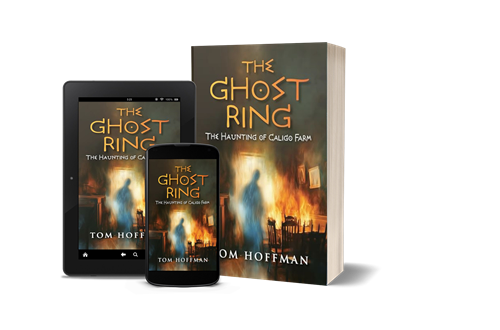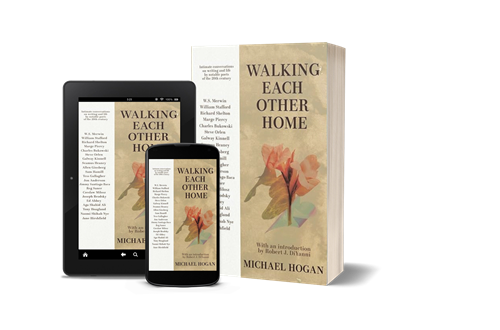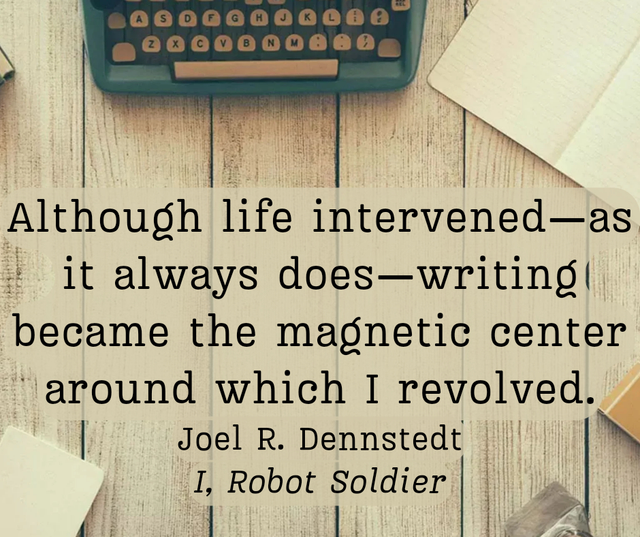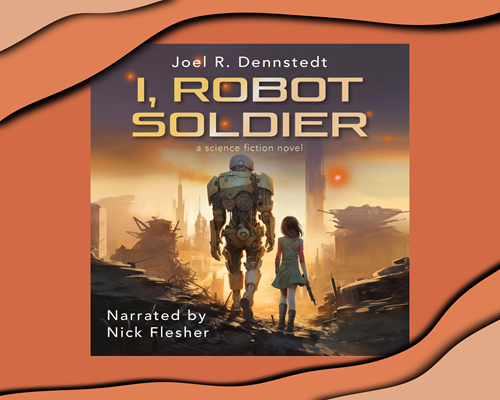Exploring The World Of Independent Authors: Chantelle Atkins
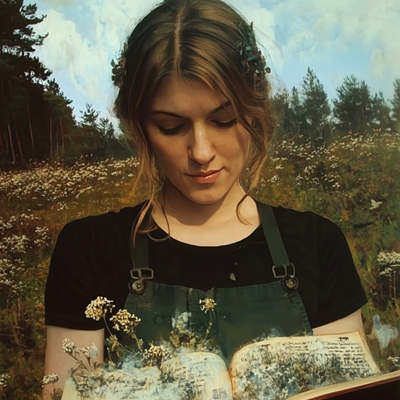
Introduction
I first encountered author Chantelle Atkins through an article she wrote detailing the ordinary and universal complaints of independent authors such as myself. I was new to self-publishing, still holding outsized dreams and expectations for my newly released first novel. I had no idea what I was doing. I wasn’t even sure what I felt or if those feelings were legitimate.
Reading Chantelle’s article was like visiting a good shrink. Her words and categorical remarks expressed my state of mind precisely. Perhaps, counterintuitively, her words gave me hope. After all, most, if not all, independent authors were experiencing the same hopes and disappointments as myself. Like the Dead South song: “In Hell, I’ll be in good company.”
I wrote to Chantelle, thanking her for the article. We developed an online friendship, and I followed her progress and development over the next decade.
I marvel at her persistence, dedication, and prolific literary production. She epitomizes the writing profession at its most disciplined.
Chantelle’s primary genre of choice is Young Adult Fiction, and she’s good at it.
Her passion for this perspective and inclination to live near untamed nature provided the best entry points for this interview.
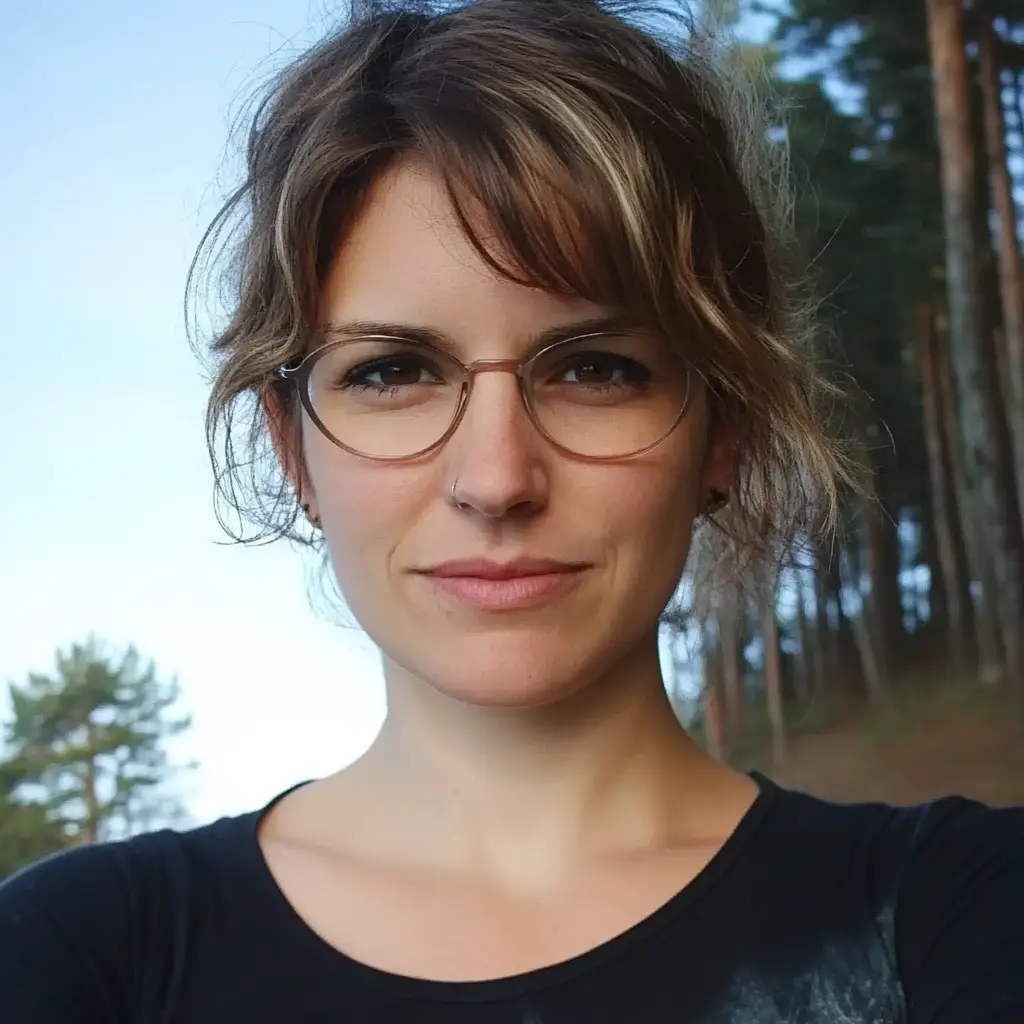
Interview
Q1. Locale vividly infuses your stories. Can you tell me how locale influences and informs your storytelling? More importantly, how does your environment specifically influence you and become translated into a character or place within your fiction?
A1. I agree that locations become almost characters in my stories, and I can tell you about the geographical locations that have influenced me and my books so far, but the truth is also that I am sadly not very well-traveled, so I am limited in places I can use with confidence! A lot of my books use fictionalized versions of locations I know. I’ll change the names of towns and roads, for example, and perhaps alter or add certain aspects of the infrastructure to suit my story. Sometimes, I keep everything the same and use real road names, and so on. I suppose the way the area around me has influenced my stories is due to it being so well known to me, which is because I grew up here. I grew up on a council estate, and my husband, who I met when I was 17, grew up on another one nearby, so those streets and alleys and fields and roads and shops are all so familiar to me that I can easily place my characters there and make things happen to them there.
Q.2. You have never shied away from your identification and fascination with the outliers of society: the rebels, the malcontents, the nonconformists. Would you say that your characters, most of whom share this designation, represent deep-seated aspects of your personality, or do they serve more to vent those qualities of yourself that do not often get socially expressed?
A.2. I think both! Some of my characters mirror what I experienced, how I felt, what I saw and heard, and so on, while some are based on people I knew or came across. I’ve never really wanted to fit in. I remember realizing at school that I was not one of the ‘cool kids.’ I also noticed how hard others tried to gain entry to that elite club. It just didn’t look worth it! The popular kids were not very interesting to me. The ones on the outside, the ones who had difficult home situations, those who didn’t fit in, and the ones who were not deemed cool were always far more interesting and fun to me. I think bits of me come out in all of my characters, although I don’t always realize it at the time. And I believe bits of people I have known also appear in my characters. I also think I’ve always tried to create characters I wish were alive and real, people I wish I had in my life.
Q.3. You seem highly devoted to writing books for the Young Adult market. At the same time, you are not patronizing or superficial in dealing with the interior aspects (psychological and emotional) of your young characters. In other words, you treat your assumptive audience and your characters as fully complete and capable of understanding the world as given, even if with a singular perspective dependent on age. How would you compare your understanding as an adult with your perspective as a youth, and how do you think this influences your contemporary treatment of young adults?
A.3. I think it comes down to the fact that I have never really grown up and still live very much in my own little world. I still remember and feel keenly what it was like to be young, unsure, scared, confused, angry, awkward, and the rest. I still remember how beautiful and fleeting it was, too. I am still that person inside my head, so it feels quite natural to place myself into that mindset. I do still check with my own teenagers when writing anything modern. For example, they’ll tell me if I’ve got the speech and clothes right. Also, I think growing older as a writer is a good thing. You gain knowledge and experience, and that can only add to and improve your writing skills. I work with young people, so I’d like to think I understand what they’re going through and what they are experiencing in the world as it is now. We can never assume their experience is the same – or should be the same – as ours, as the times we have all “come of age” in are very different. I feel like a lot of the teenage experience is universal and one we can all relate to. Whether it’s loneliness, dysfunctional families, substance abuse and temptation, the power of music and friendship – these things are always relevant.
Q.4. Like most prolific authors, you make no bones about your deeply abiding interest in the writing process. Elsewhere, you have described your process. You also run writing groups where you focus on eliciting and developing the methods of others. What techniques are most effective for creating or initiating another’s self-awareness regarding their writing process, and how do you instill and elicit a more polished result from newer writers?
A.4. That’s a tricky question! I no longer work with adults, so maybe I’ll start with that. I used to run a writing group for adults, and I also put on regular workshops for them and offered proofreading services, among other things. What I found frustrating was the constant excuses people made not to write. I often felt they wanted someone to do the hard work for them. I feel like you’ve got to have it in your bones, in your blood, that desire to put words together and tell stories, even if no one ever reads them. Ultimately, I got discouraged by too many adults’ attitudes towards writing and publishing, so I decided to stick with the young people. Kids, in particular, are a joy to work with because they are full of confidence. They’ll work on a story and tell you it’s going to be published, and it’s going to be a series. They will have forgotten about it the next week and started something else, but that’s the magic of it right there. Their minds are spinning with words and stories and characters and worlds, and it’s not too difficult to harness that. I give them the tools, mostly my attention and enthusiasm. Their faces light up when you give them positive feedback. Positivity goes such a long way with that age group. As they age, I introduce more complex aspects of writing to study. The best way is often to point things out within their work. I’ll usually teach them something they already know naturally; they just haven’t realized it yet. I always tell them that writing should be natural. Yes, it can be clumsy and challenging sometimes, but it should also flow and feel like the easiest thing in the world. I try to encourage self-awareness in their work by pointing out their styles and voices, which they don’t always realize they have! Once they’ve moved on a bit further, I’ll introduce various editing and proofreading techniques, and I find that by the time they are teens, we usually need to instill confidence in them again. They often feel like imposters at this age and are likelier to compare their work to others. It’s my job to keep them going any way I can and make sure they realize how good they are!
Q.5. In your mind, which of your books most entirely and effectively reflects your philosophy of writing and your standards for the written word and best tells the story that consumes you most?
A.5. It would have to be The Boy With The Thorn In His Side series for many reasons; first, it’s been with me the longest as I wrote an early version when I was 12, then again when I was 16, 19, and so on. It then grew into five books. It then connected itself to lots of my other books or inspired them. I have thirteen books connected in the same universe. I’ve just released what is a direct spin-off from The Boy series, and two more books are waiting to be released that are also connected. The final book ties up all their stories and will be the last story I tell from that universe. I think the series reflects my philosophy of writing because it came directly from the heart all those years ago. I had characters talking to me in my head, so I wrote it down. It took on a life of its own, and I think that’s how writing should be. It should feel like magic, like something that has taken you over and consumed you. If I were not excited about running up the stairs to my room and getting onto my laptop to write, I’d know something was on. It should be pulling you in, just the way a good read does.
Discover more from Joel R. Dennstedt
Subscribe to get the latest posts sent to your email.
